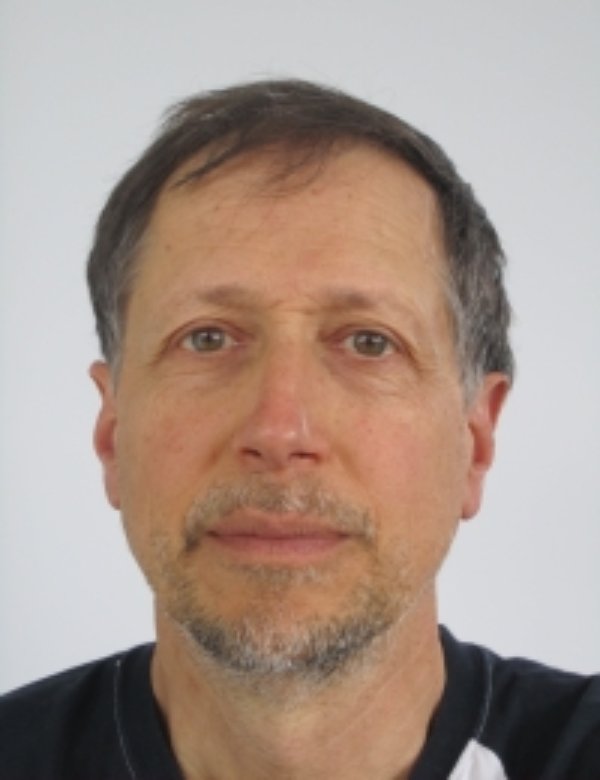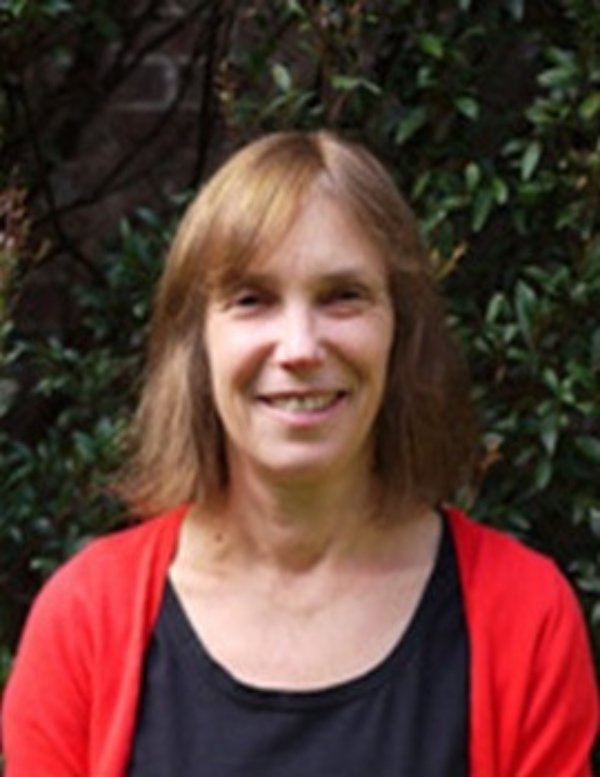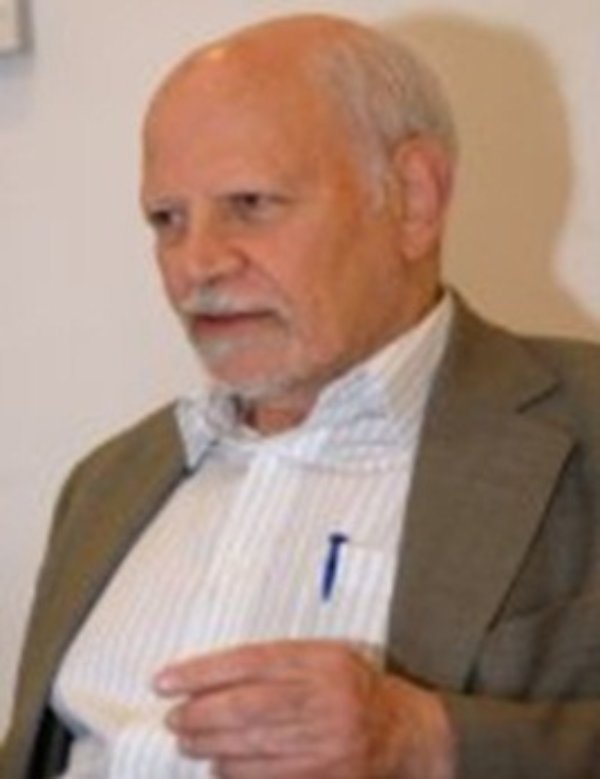|
|
I congratulate the organisers for their vision and energy as they plan torepeat and extend the success of the first QiQUM in 2010. That conference 5 years ago brought together an impressive range of experts from across the Russian Federation and around the world.
Apart from the interest and enjoyment that such an international gathering affords, the organisers' ambitious scope is warranted by the challenges we face in ensuring that drug information is accessible, high-quality, and unbiased. This is a truly international issue which manifests in clinical, academic, and administrative settings around the world. QiQUM 2015 is well-placed to make an important contribution to this ongoing effort. |
David B Menkes, MD, PhD, FRANZCP, Associate Professor of Psychiatry Waikato Clinical School, University of Auckland
|
|
I am extremely sorry that I am unable to attend the International Conference “Evidence-Based Medicine: achievements and barriers”. It was an honour to have been invited and I was looking forward to hearing a wide variety of what I am sure will be very interesting talks. I have every confidence that the hard work of my friend Lilja Ziganshina will ensure that this conference is a great success. My very best wishes, Joel Lexchin
Joel Lexchin MD, Professor School of Health Policy and Management, Faculty of Health, York University, Toronto, Canada |
|
|
Please pass on my greetings to the meeting and my apologies that I could not be there. This is a very exciting event and an important step in improving the evidence base for medicine in Russia. I feel honoured to be part of the Advisory Board for the Cochrane Russia as a Russian branch of the Nordic Cochrane Centre. Barbara Mintzes, Charles Perkins Centre and Faculty of Pharmacy, Senior Lecturer, The University of Sydney, Australia
|
|
|
Hallo, I send my warm greetings to all of you at the Conference! I much regret that I cannot be with you because I would have liked to meet you and take part in your discussions, and I am sorry not to see the beautiful city of Kazan. I wish you a very lively, interesting and successful day. What is very important to me is that in your work you give as much attention to the harms that treatments can do as to their benefits, both in your scientific work and in your practice. It is also important to teach patients (and family members) about their illnesses and tests and treatments, to listen carefully to what they tell you, and to encourage them to ask questions. It is also very useful to start collecting people’s personal illness experiences systematically, and making them accessible to everyone on the Internet. We began to do this in Britain 15 years ago - you can see the results on www.healthtalk.org and www.youthhealthtalk.org. Now research groups in a dozen other countries are building such collections (see www.dipexinternational.org), and I hope that Russia will also be able to join in. This is qualitative research and so is quite separate from the Cochrane Collaboration, but I hope it will more and more converge with Cochrane in the future. I look forward to hearing in due course about the outcome of the Conference!
Andrew Herxheimer, Cochrane Adverse Effects Methods Group, co-convenor, UK Cochrane Centre, UK
|
| |
|
 |
Hans V. Hogerzeil, MD, PhD, FRCP Edin Professor of Global Health and the Right to Health, University of Groningen Medical Center |
|
The World Health Organization is very pleased to participate in the first International Conference “Evidence-Based Medicine: achievements and barriers”. This first EBM international event in Russia comes at the time with the establishment of a branch of the Nordic Cochrane Centre: Cochrane Russia.. The World Health Organization
|




